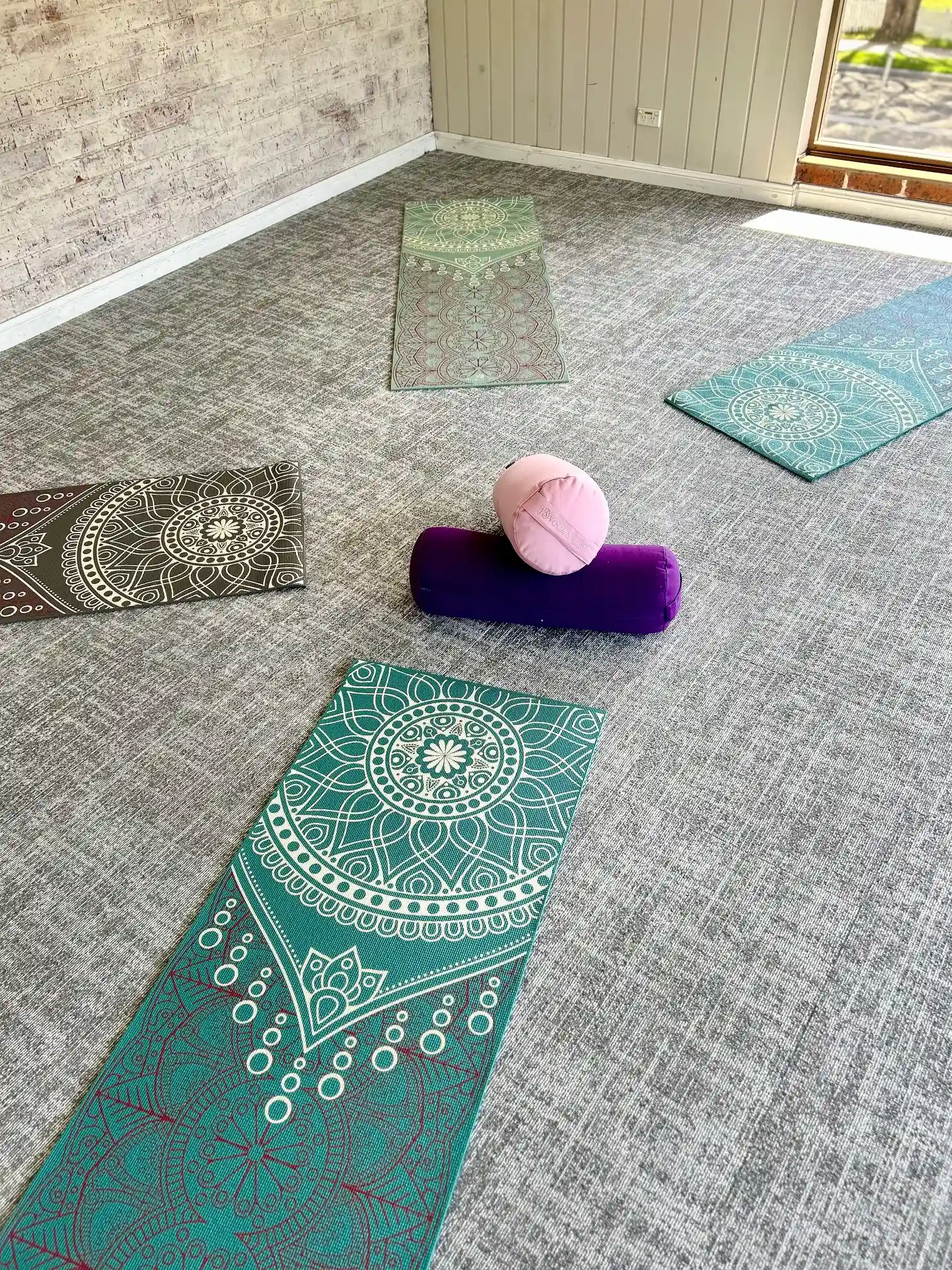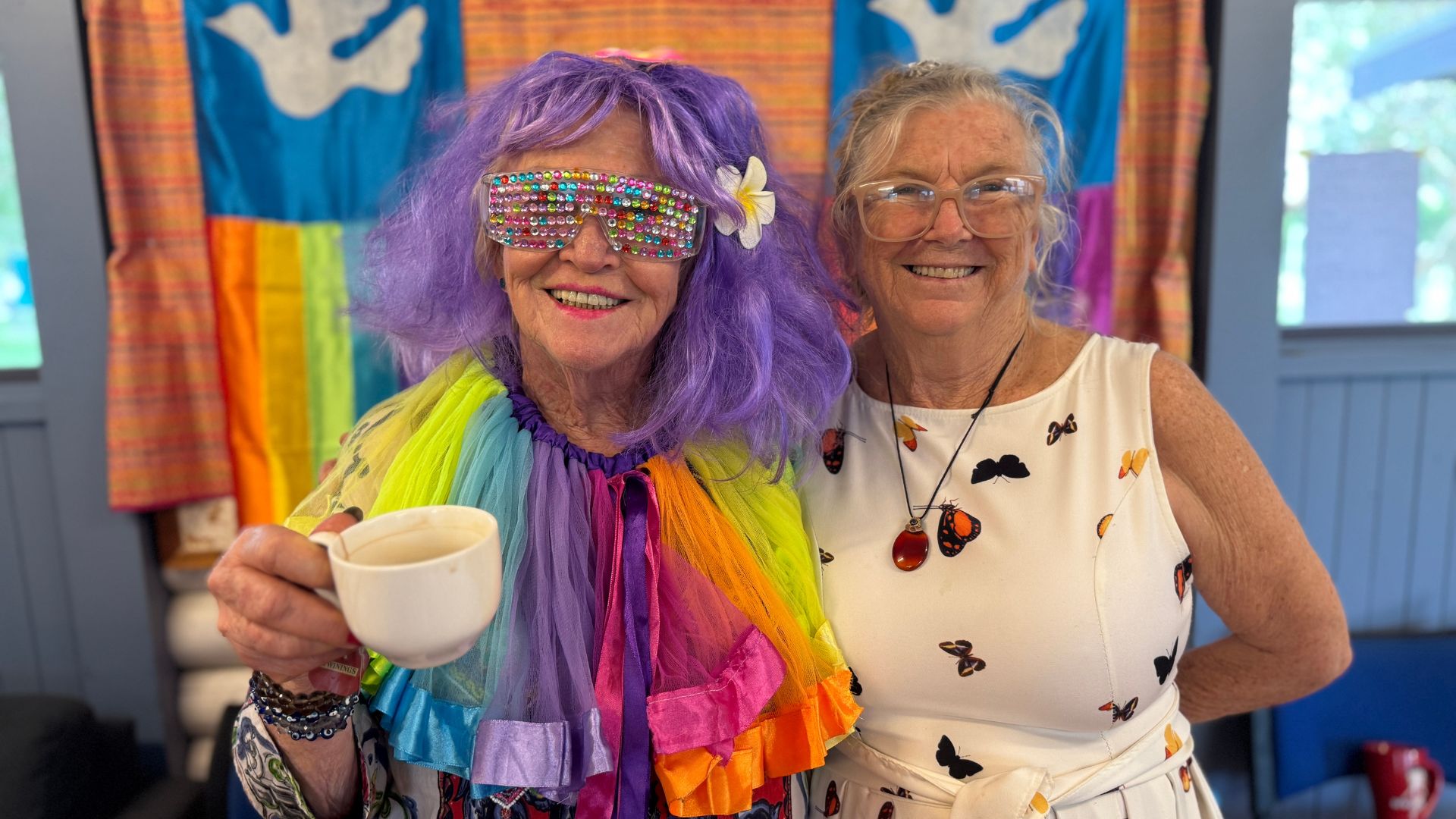By Mark, Service User
The majority by a long shot of homeless people are dealing with some form of a mental illness, a lot of the time multiple comorbid conditions of a primary undiagnosed mental illnesses. A large part of them are suffering from autism, ADHD, bipolar or schizophrenia.
It costs a family around $80k a year to adequately care for members of their family with these forms of mental illness and puts a heavy burden their socialisation.
That's if they are diagnosed and come from a family with the ability to provide financial and emotional support. If untreated, mental disorders puts exponential burden on the system, which causes cracks to open and homelessness institutionalisation, and even death. 80% of people in jail rehabs and whom are homeless have undiagnosed disorders. Untreated costs the tax payer 10 times more than intervention.
On average it costs about $130k a year to have someone in jail, and the return rate shows that this system doesn't work, especially if we consider other options like early intervention, diagnosis, treatment of mental illnesses and housing. Which actually puts these people on their feet and makes them able to contribute to society.
Breaking Stigmas
Fletcher Street Cottage is a multi faceted network that addresses all aspects of the homeless. From basic need like food and showers to psychology, diagnosis and treatment of mental illness, doctors, back to work programs, and much more.
Stigma is when someone sees you in a negative way because of your mental illness. Discrimination is when someone treats you in a negative way because of your mental illness.
Social stigma and discrimination can make mental health problems worse and stop a person from getting the help they need.
Avoid stigmatising people with mental illness by seeing the person first and not labelling them by their mental illness.
You can help challenge stigma by speaking up when you hear people around you make negative or wrong comments about mental illness.
People who are on the street sleeping rough, their head on concrete a winter night, are not making a lifestyle choice. They're not there because they're having fun.
Stigmatising these people, some with undiagnosed primary mental illnesses, only costs society money in the long run. On council fees, on tax and tariffs, while doing nothing to help correct the problem that if unaddressed will grow by 30% in the next ten years. In fact, the increased burdens of inflation and a looming of depression could see you landing in their shoes.
Living with Autism
It did for me when the COVID lockdowns took my ability to work away. I have been homeless ever since. Dealing with a late diagnosis of autism at 47 and a broken family from that result.
People with autism have I life expectancy of 54 and are 900% more like to die of suicide, are 60% unemployed and face destitution if undiagnosed and addressed
Yet neurodiverse people have invented most of the modern world and we would all be still living in caves without the ingenuity and thinking of neurodiverse people.
Fletcher Street Cottage
Fletcher Street Cottage has been life saving for me. I was on the brink. Unable to function with the stresses of been homeless and trying to organise things to steer myself forward. Fletcher Street Cottage helped with all my Centrelink priorities and paperwork, which was impossible while living on the street. There is a fellowship of people there who care about us and the company of others has been a light at the end of a very dark tunnel. I have no doubt I wouldn't be here without their support.
I have noticed in the homeless community since the cottage opened less conflicts and drug and alcohol consumption. It has brought unity and comradery amongst us.
References
https://www.miragenews.com/victoria-prison-costs-skyrocket-due-to-lack-of-926854/
.jpg)





.jpg)